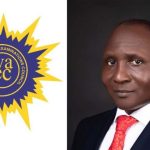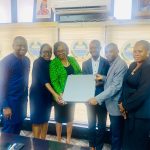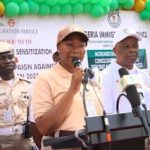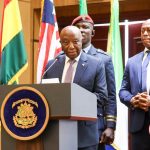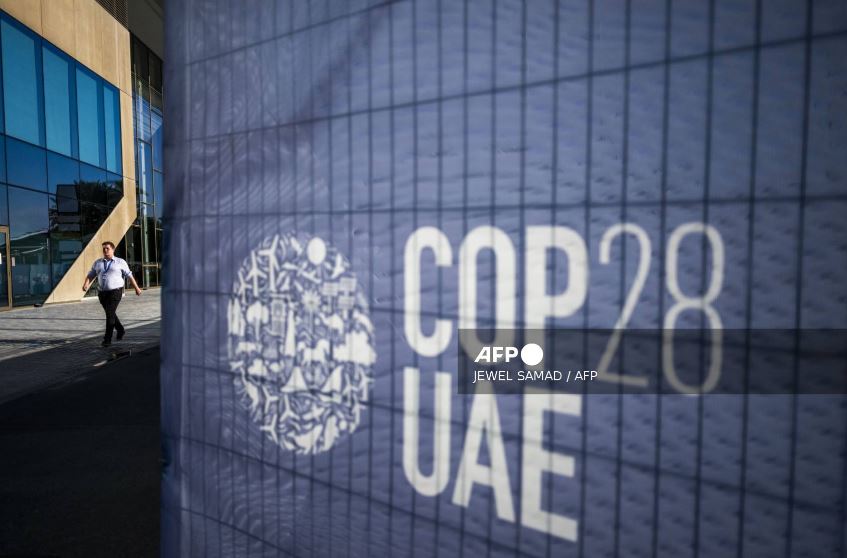
The government said the outcomes of the negotiations have implications for Nigeria’s development aspirations and climate action across all sectors.
It added that the evaluation of the outcomes aimed at ensuring Nigeria’s effective participation at COP29 in Azerbaijan.
COP of the UNFCCC is the supreme governing body that convenes annually to assess progress in dealing with climate change and make plans for climate action within the UNFCCC guidelines.
COP28 held in Dubai last year sets out the actions needed to keep 1.5°C within reach in line with the goal of the Paris Agreement.
At COP28, Nigeria stressed the request for its inclusion in the G7’s climate partnership list for the Just Energy Transition Partnership towards an effective and sustainable framework in addressing the socio-economic effects of energy transition.
Nigeria also reiterated the call for urgent scaling up of adaptation finance, expansion of adaptation acceleration programmes, and a substantive global goal on adaptation.
Speaking at a one-day workshop on review of the outcomes at COP28 organised by the National Council on Climate Change and the Delegation of the European Union in Abuja, the Minister of Environment, Balarabe Lawal, said the 28th session of the Conference of Parties to the UNFCCC serves as a stark reminder of the urgent need for resolute action in the face of escalating climate crises and environmental challenges.
Lawal said, “With negotiations focused on crucial issues such as mitigation, adaptation, finance, and transparency, the outcomes of COP28 have far-reaching implications for the future of our planet.
“As we gear up for COP29, it is imperative that we foster a spirit of collaboration, unity, and shared responsibility, harnessing the collective wisdom, expertise, resources of all stakeholders and firm commitments to advance Nigeria’s environmental goals.
“Nigeria, like many other countries, is already feeling the impacts of climate change. From extreme weather events to rising sea levels, the effects of climate change are evident in our daily lives.”
The minister said stakeholders need to take action and work towards a more sustainable and resilient future for the people and the environment.
The Director General of the NCCC, Dr Salisu Dahiru, noted that as an oil-producing and developing nation, the agreements forged during COP28 pose the need for a strategic review of our national actions and climate goals.
“Hence, this workshop presents a pivotal opportunity for us to reflect on these outcomes and chart a path forward towards sustainable solutions as we speed our transition to a climate-resilient future.
“We seek to facilitate the inclusive participatory process to motivate actions towards seeking higher ambitious goals for our transition to a low carbon economy and to create a forum for government, businesses, states, and other stakeholders to continue to shape and strengthen the climate action processes in Nigeria,” Dahiru stated.
The Head of Cooperation of the Delegation of the EU and ECOWAS to Nigeria, Massimo De Luca urged stakeholders to walk the talk on climate actions.





